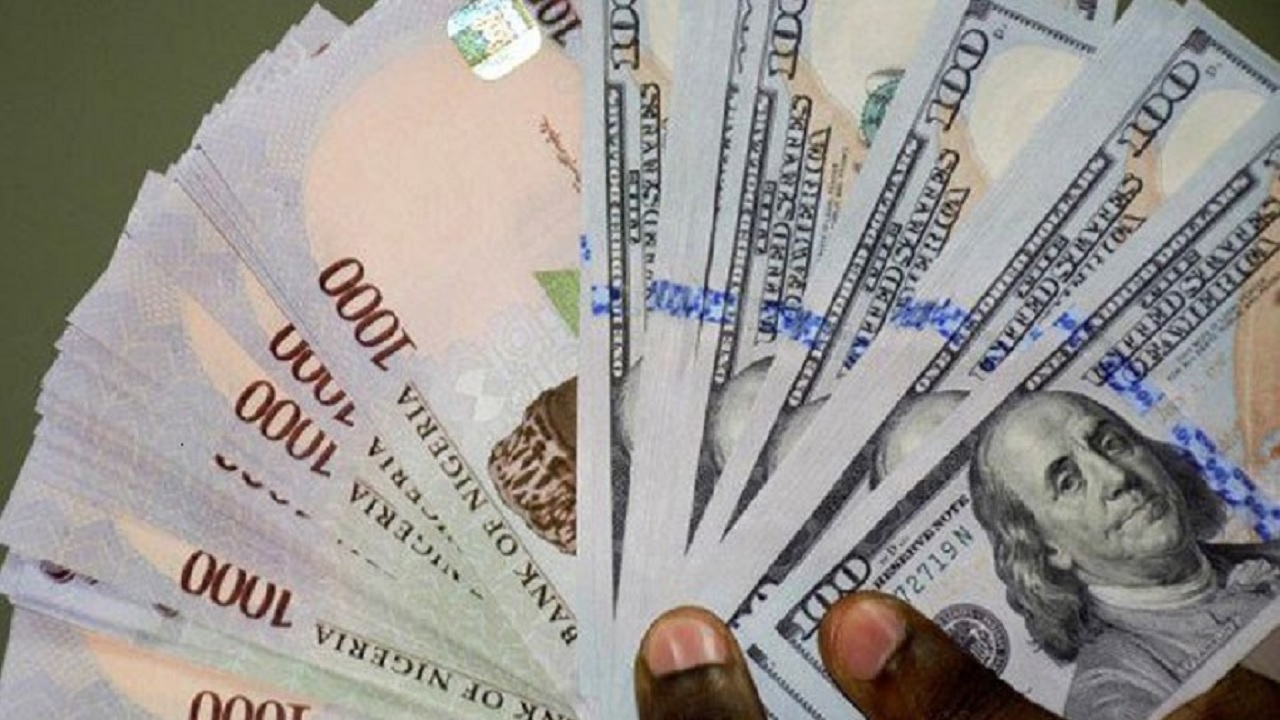Nigeria is facing a severe forex crisis, as its currency, the naira, has depreciated significantly against the dollar since the Central Bank of Nigeria (CBN) floated it in June.
The naira has fallen from N750/$1 at the parallel market, also known as the black market, to N950/$1 on Monday, August 14, 2023. The gap between the official window and the parallel market has also widened to N181, making the CBN’s policy ineffective.
The forex crisis has been worsened by the ongoing probe of the CBN by a special investigator, Jim Obazee, appointed by President Bola Ahmed.
According to experts, the probe has eroded investors’ confidence and increased uncertainty in the forex market. The CBN’s seven years consolidated financial statements released last week revealed that the bank had a combined debt of $7.5 billion to JP Morgan and Goldman Sachs, and a net reserve of $17 billion after deducting its obligations. This means that the CBN has limited capacity to intervene and stabilize the naira.
The CBN’s acting governor, Folashodun Shonubi, however, blamed undocumented forex remittance and the unregulated parallel market for the naira’s woes.
He said that some Nigerians in the diaspora were diverting their remittances to the unofficial channels, depriving the official market of forex inflows.
Nigeria’s diaspora remittances rose by 20.3 per cent to $5.16 billion in Q1’22, according to data from the World Bank. Shonubi called for more regulation and monitoring of the forex market to curb speculation and arbitrage.
The forex crisis has negative implications for Nigeria’s economy and citizens, especially as the country depends heavily on fuel imports. The oil marketers have hinted at a possible hike in petrol pump prices as a result of the soaring dollar rate. This would affect the masses who are already struggling with inflation, unemployment and poverty. The fuel price increase would also have a ripple effect on other goods and services in the country.
Some stakeholders have suggested solutions to address the forex crisis and ease the pressure on the naira. Aminu Gwadabe, president of the Association of Bureau De Change Operators of Nigeria (ABCON), said that its members should be made sole agents of diaspora remittances to block the loopholes that allow diversion of forex to the parallel market. He said that this would increase forex supply and reduce demand in the official market.
Idakolo Gbolade, chief executive officer of SD & D Capital Management, said that the forex crisis was caused by reduced forex inflows into the economy due to low oil prices, insecurity and COVID-19 pandemic.
He said that major oil companies, establishments and commercial banks were also contributing to the forex scarcity by hoarding dollars for their benefits and profitability. He urged the government to pursue policies that boost forex inflows, such as diversifying exports, attracting foreign direct investment, improving security and enhancing ease of doing business.
